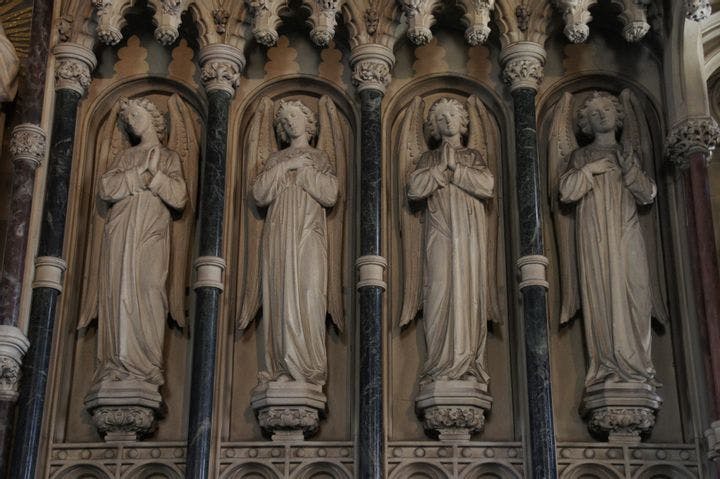Summer 2010
Relax at Your Peril
– The Wilson Quarterly
If you don’t want to go the way of the dodo, make your religion more extreme.
For the Catholic Church to stay relevant in the 21st century, it needs to stop accommodating modern life and revive a more fundamentalist, demanding approach, proclaims University of Notre Dame Australia philosophy professor John Lamont. Take a lesson from history: If you don’t want to go the way of the dodo, make your religion more extreme.
Over time, churches throughout Europe became too secure in their cozy relationship with the state in their home countries. Operating more or less as monopolies, they did little to compete for new believers, and lapsed into bland, unaffecting routines. The outcome is well known: Modern Europe is quite secular.
America’s story is the opposite. Without state support of any particular faith, religions competed and innovated and, over time, Americans grew more observant. During the Revolution, less than one-fifth of Americans claimed church membership. By the mid-19th century, one-third did so. Today, more than half are church members, and approximately 40 percent attend church once a week (a number that has remained fairly constant since at least the 1930s). The American example contradicts Max Weber and Émile Durkheim’s secularization thesis, which holds that as societies industrialize and advance technologically, populations abandon religion—if you know how to irrigate, you don’t pray for rain.
Competition among faiths does not explain all. There are plenty of examples of societies with state-supported religions and a high degree of religiosity, from the Byzantine Empire to present-day Saudi Arabia. But although demanding religions can exist without competition, when faiths must vie for followers, the more extreme ones will benefit: Potential adherents are attracted to religions that have greater “costs” (such as intense worship or high moral standards) because the future rewards are perceived to be proportionately greater. Further, Lamont observes, “there is no sociological theory or sociological evidence to support the claim that religions can preserve or increase their influence while lowering their standards and submitting to the society around them.”
In contemporary America, “mainstream Protestant churches that make few demands of their members are declining, and more demanding evangelical or Pentecostal churches are growing,” Lamont says. He contends that the Catholic Church today is losing members because the changes following the Second Vatican Council have erased many of the distinctions between Catholics and non-Catholics, including “rules and distinctive dress for clergy,” and traditional liturgy. Moreover, the church has allowed for and legitimized dissent from its moral teachings. According to Lamont, Catholicism could not have taken steps better calculated to ensure a diminished presence.
THE SOURCE: “The Prophet Motive” by John Lamont, in First Things, April 2010.
Photo courtesy of Flickr/Alwyn Ladell
